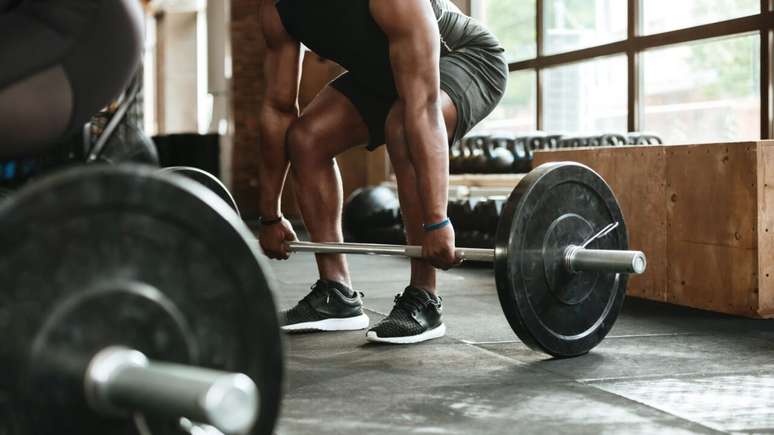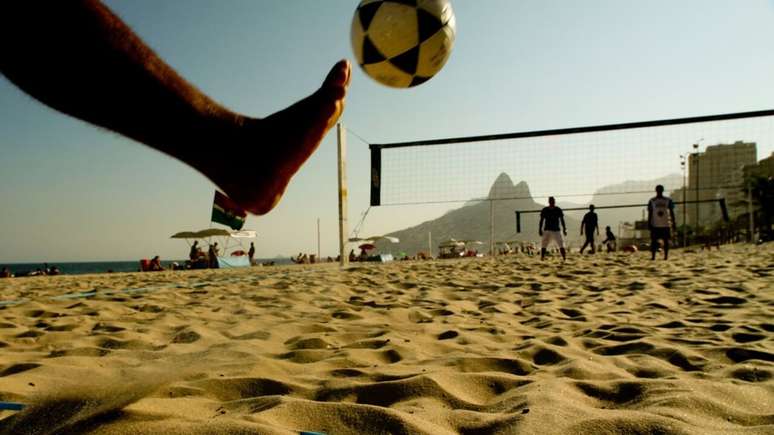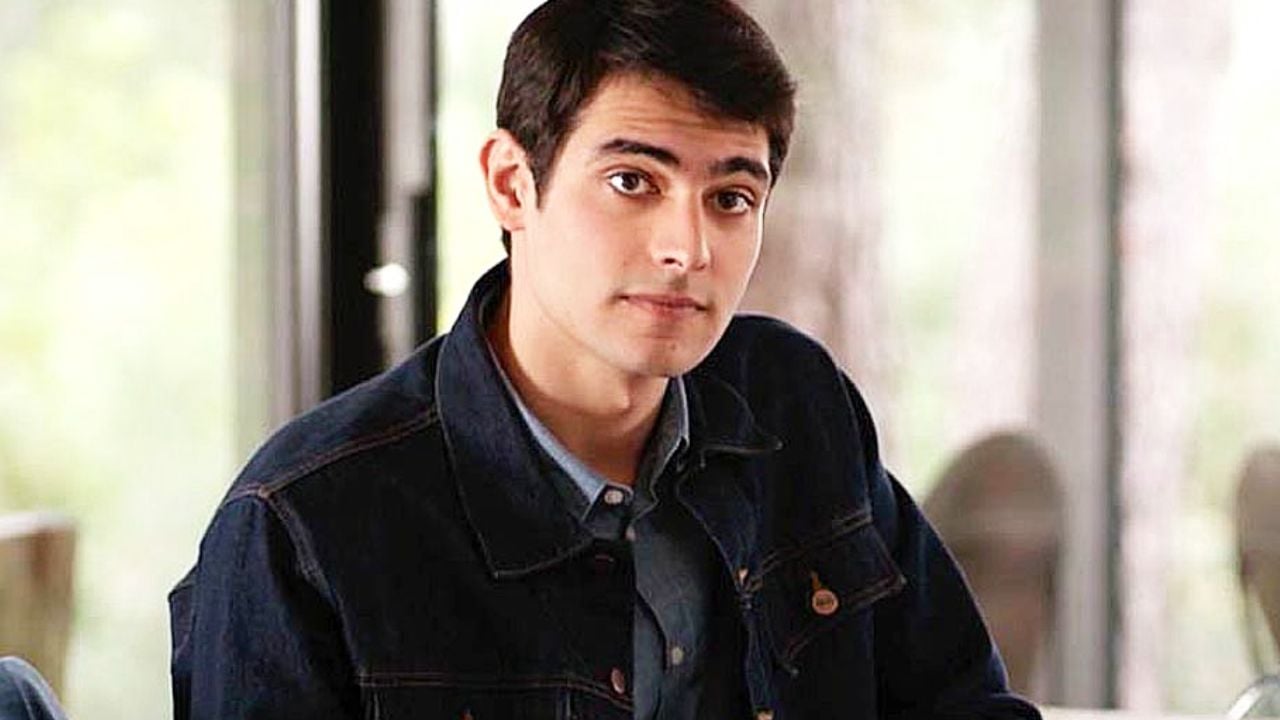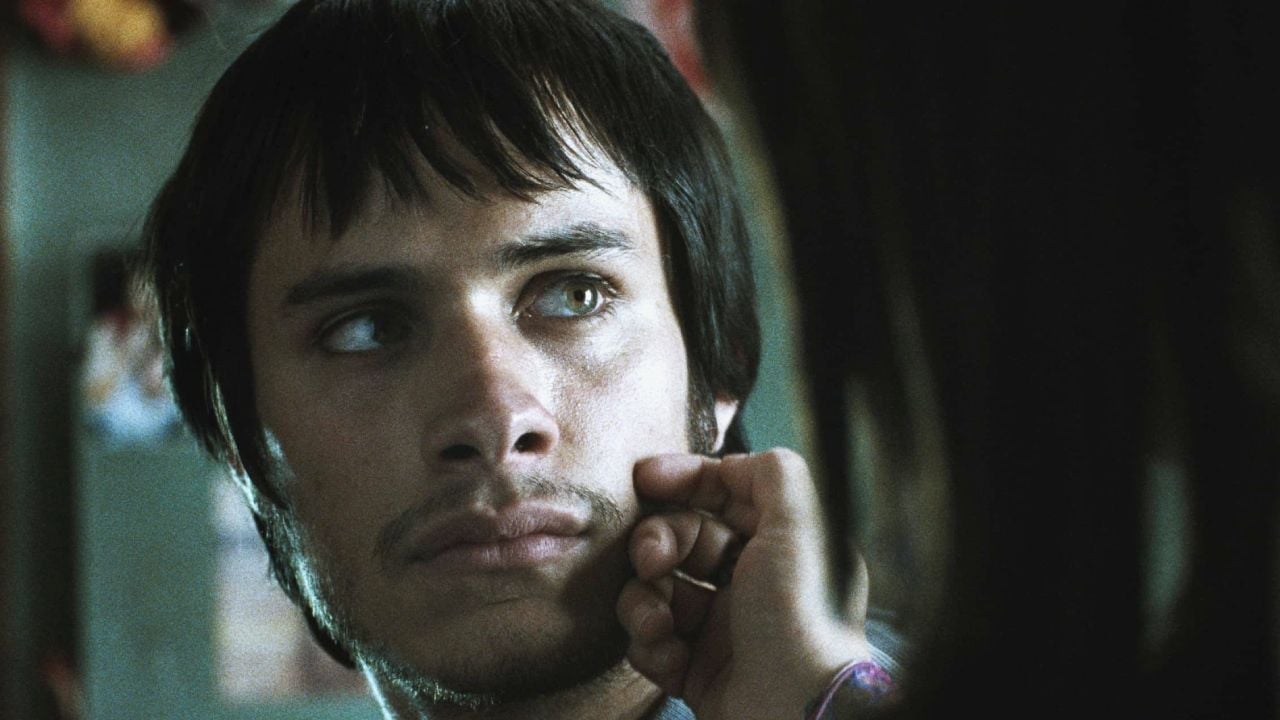Ana was raped and had an abortion eight years ago; In an exclusive report to Terra Você, she tells how the legal process contributed to her recovery
Last week, the Second Criminal Section of the Court of Justice of Bahia made a historic decision and unanimously annulled a previous decision, authorizing the termination of the pregnancy of a woman whose fetus, affected by serious malformations, had no chance of surviving after birth. The case was reported last Monday (2) by the daily newspaper The globe.
The decision, taken last week in Bahia, had to go to court because the judge who rejected the first request for abortion said there was “no identification of a concrete risk to the life of the pregnant woman, if the pregnancy were to be carried to term”, and – once again – raised the debate on legal abortion in the country.
In Brazil, abortion is only legally permitted in three cases: fetal anencephaly, when there is a risk to the life of the pregnant woman, or when the pregnancy is the result of rape. This is the case of Ana Gomes, from Rio de Janeiro, who told her story in an exclusive report to Earth you.
8 years ago, the young woman was sexually assaulted by a family friend and, like the woman who won her rights in Bahia last week, she underwent a legal abortion. Today, at 21, she recounts the most difficult moment in her history, which occurred in the transition from childhood to adolescence.
The attacker was a family “friend”
Born and raised in the north of Rio de Janeiro (RJ), Ana had a relatively quiet childhood. Her parents worked a lot and she was used to being alone and taking care of the house from an early age.
The attacker was a friend of your family. A man in his late 60s who grew up with his mother and uncles, he lived across the street from her house and provided school transportation for the children, taking Ana and her brother to school.
The rape occurred in 2017, when Ana was not yet 14. After the crime, she lived in fear of even leaving her home and received numerous threats from her attacker.
“After the crime I fell into a very deep depression, I was afraid to go out, even to go to the gate, because if he had been on the street, he would have quickly jumped into the car and chased me down the street. I had panic attacks, which became more frequent as each day passed, doing everything alone,” Ana recalls.
About a month and a half after the crime, she decided to tell her parents about the horror she had experienced and was going through. While the attacker was sunbathing on the balcony of her house, Ana’s parents called a Military Police vehicle. He tried to escape, but was caught by the police and taken along with the young woman’s family to the police station. This is where Ana experienced the greatest number of moments of terror.
She says the delegate on duty insinuated that she was lying, since in the other room the attacker said he had paid R$5 to have sex with Ana and she accepted in exchange for money.
“They said to me, ‘Why didn’t you do anything? You’re 13, a young man, he’s almost 60, a gentleman.’ I also said in my police report that I was threatened with a knife during the whole crime. But for them it was absurd that I didn’t fight back. I was treated as if I were the real criminal,” he says.
But Ana’s suffering did not end when she left the police station. The attacker was released from the police station and the young woman went to the Forensic Medical Institute to undergo a forensic examination.
Ana was then sent to Souza Aguiar Hospital to take the necessary medications, undergo tests for sexually transmitted infections (STIs) and the Beta HCG test – a blood test that can indicate pregnancy.
“When the test results came out, everyone was negative except Beta. It was a total shock for everyone. The nurse was the most empathetic person, every step of the way, from the moment I arrived, she gave me all the support,” he recalls.
Ana was transferred to the Maria Amélia maternity ward, located behind the hospital. There, she had a vaginal ultrasound, which confirmed that she was 6 weeks pregnant.
“It was extremely surprising and depressing to hear the heart [do feto]I just wanted this from myself, I couldn’t even stand to look at the screen, because I didn’t want to feel a shred of pity for it. That little heart never won me over, I didn’t want, I didn’t want to be on that stretcher like that, I only felt sadness and pain.”
Abortion approved in less than 10 days
Less than 10 days after the complaint, legal abortion was approved. The next day, Ana was hospitalized with several pregnant women ready to live what they called “the most important day of their lives.” Which led her to overcome yet another test of survival.
“One of my roommates knew I was going to abort and during the two days I was with her, she spent 24 hours saying that I would regret it, that despite how he was conceived, he was a miracle. Those words were so heavy for a child who was a victim and already suffering too much. I directed all my anger and sadness at the fetus, I didn’t want to feel like a murderer, a monster,” Ana explains.
The process went quickly and Ana was released the next day after having a legal abortion. She says the medical team was receptive and that everyone was attentive and loving to her and her family.
The attacker moved out of the neighborhood after the crime and returned to the house where he lived two years later. He began to observe Ana when she went out and came home. The mental disorders intensified and the young woman even attempted to take her own life.
“No one did anything, everyone knew what he had done to me, but for everyone, even at 13, I had given consent. They were terrible years. The years 2020 and 2021 saved me because of the pandemic, I spent 2 years locked in the house,” says the young woman.
In 2022, Ana went to live alone and hasn’t heard from him since. A few months ago, she saw in a publication that he had died and finally felt that she could move on with her life with a little more peace.
“It was the best day of my life. I could finally breathe, go to my parents’ house to visit them, my panic attacks calmed down. Just knowing that I could walk the world without him here brought me so much comfort and peace.
Accumulated criminal complaints
Some time later, Ana learned that the man had accumulated complaints of threats, attempted murder, racial slurs, harassment and even protective measures against her daughters. She was never called to the police station to continue the process.
Six years after the crime, time is Ana’s greatest ally in recovering from the trauma. With sadness and pain, she has fought against the desire not to live and continues every day to exclude another piece of this moment from her life.
“I didn’t have a happy ending, in fact none of us do. I didn’t get justice, I got compensation, which was abortion. What happened to me could have been avoided if justice hadn’t failed from the beginning. I have never regretted reporting it, I wouldn’t have any mental stability to face the fruits of the crime that destroyed and absorbed a good part of my life. I did it and I have never regretted it,” he says.
Today Ana can have free time, sleep without the help of drugs, and is married to a partner who has helped her with her relational and sexual traumas.
“Whenever I think about what my life would be like if I hadn’t done it, I would only have two options: kill myself and/or kill the fruit. My life would have ended at 13.”
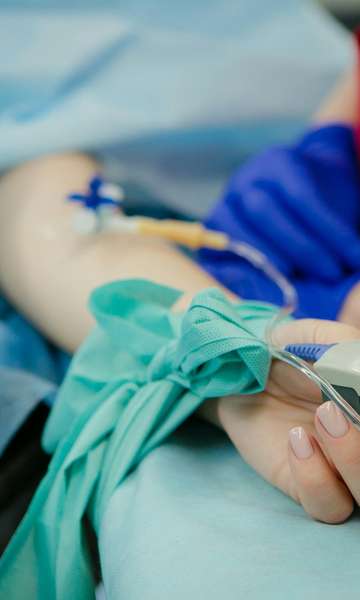
The South-East and North-East lead in procedures related to legal abortions in the SUS
Source: Terra
Ben Stock is a lifestyle journalist and author at Gossipify. He writes about topics such as health, wellness, travel, food and home decor. He provides practical advice and inspiration to improve well-being, keeps readers up to date with latest lifestyle news and trends, known for his engaging writing style, in-depth analysis and unique perspectives.


